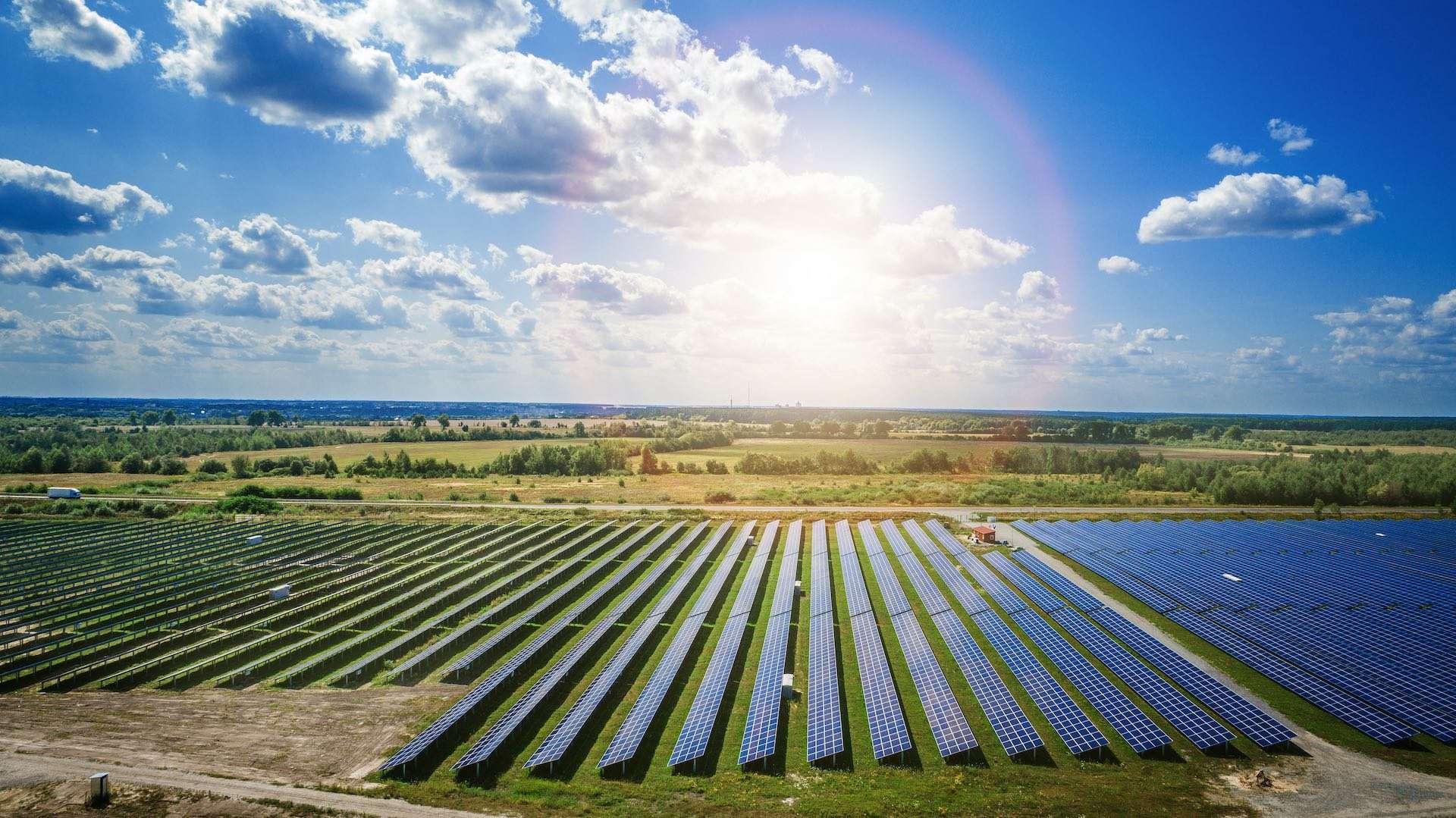As the global energy crisis spurs new policies aimed at cutting reliance on fossil fuels, global government spending on clean energy has risen by more than $500 billion since March, according to the IEA. With this increase, governments have allocated $1 billion to clean energy investment since the COVID-19 pandemic started. IEA’s Government Energy Spending Tracker, which includes 1600 government financial measures passed by 67 countries since March 2020, shows that government energy spending has reached $215 billion.

The Inflation Reduction Act in the United States and measures enacted by several European countries have resulted in the most significant increases in clean energy investments in the past year. Incentives for energy efficiency improvements in buildings and industry are earmarked for the majority of these funds. The development of low-carbon transport infrastructure, especially high-speed rail, follows closely behind.
